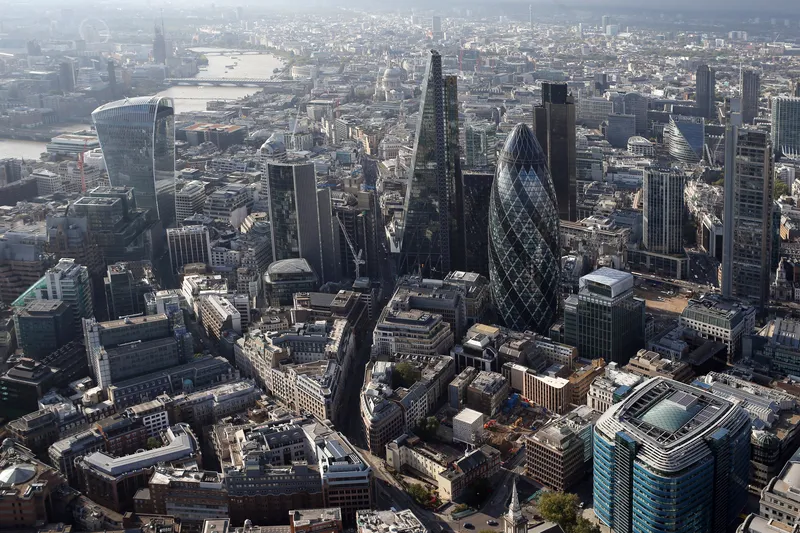In Leicestershire, UK, the first phase of a US$3.6 million bus smart card system has been rolled out to all concessionary users, in a scheme that the Council says will improve and modernise bus travel throughout the county. The new OneCard system is now in use by elderly and disabled bus passengers. Electronic chips fitted to OneCard passes can be swiped on scanners on First, Centrebus and Arriva buses to register journeys, meaning passes no longer have to be shown. Passengers top up their cards with cash w
September 27, 2012
Read time: 2 mins
In Leicestershire, UK, the first phase of a US$3.6 million bus smart card system has been rolled out to all concessionary users, in a scheme that the Council says will improve and modernise bus travel throughout the county.
The new OneCard system is now in use by elderly and disabled bus passengers. Electronic chips fitted to OneCard passes can be swiped on scanners on6635 First, 6636 Centrebus and 476 Arriva buses to register journeys, meaning passes no longer have to be shown. Passengers top up their cards with cash when necessary.
Leicester City Council said the next phase will include rolling out the system to other bus operators.
Leicester City Council transport spokesman Councillor Rory Palmer said: "The OneCard system is now fully operational for concessionary pass users in Leicester and Leicestershire. This system is working well and proves that the technology works.”
The new OneCard system is now in use by elderly and disabled bus passengers. Electronic chips fitted to OneCard passes can be swiped on scanners on
Leicester City Council said the next phase will include rolling out the system to other bus operators.
Leicester City Council transport spokesman Councillor Rory Palmer said: "The OneCard system is now fully operational for concessionary pass users in Leicester and Leicestershire. This system is working well and proves that the technology works.”










